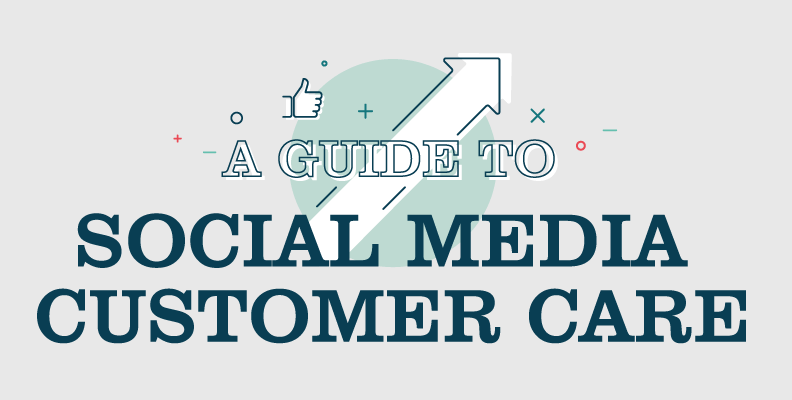How to Beat Your Competitors
What does it take to get the market’s attention and grow your business? In an age where advertisements are everywhere and free content abounds, is there a secret ingredient for standing out from the crowd? The leaders of a few Fortune 500 companies have shared the secrets to their businesses’ growth.
1. Be good to your people.
That goes for customers as well as staff. Treat clients like a mere bottom line, and they’ll be happy to take their business elsewhere. Treat them well, and they’ll enjoy their time with you — and be likely to come back.
Starbucks CEO Howard Schultz offers this observation:“Now that Starbucks has gotten this big in terms of the scale — 18,000 stores in 62 countries — the question is, ‘How do you get big and stay small?’ And the answer is, by really focusing on our customers, one cup of coffee at a time, doing everything we can as a company to exceed the expectations of our customers. But in order to do that, we have to exceed the expectations first of our people.”2
Starbucks is known for treating its workers well, in the form of competitive benefits and stock options. “My aim was to give our employees a vested interest in the company,” he said. “And that, I think, has made all the difference.”3 Many companies believe there is a direct link between employee satisfaction and customer satisfaction.
2. Work on what really matters.
“I’m as proud of what we don’t do as I am of what we do,” said Apple co-founder Steve Jobs.
It makes sense. Some businesses seem to want to “do it all”: give their clients infinite products and services, tack on a thousand extra features, establish a presence on every social network and marketing channel… and the list goes on. But sometimes, it’s good to say no. Because when you say no to less important projects, it frees up enough time for you to dig deeper into the handful of things your customer really wants from you. And if you can perfect those, you’ll outshine your competitors naturally.
The principle is simple: Focus your energy first on what’s most important. “Quality is more important than quantity, and in the end, it’s a better financial decision anyway,” said Jobs. “One home run is much better than two doubles.”4
3. Sell a purpose, not a product.
“Your number-one goal really shouldn’t be money,” said Zappos.com CEO Tony Hsieh. “It should be something you are passionate about, something that has meaning. Then the money will follow. I like to say, ‘Chase the vision, not the money.’”
“You’re going to have hard times growing your business, and if you’re passionate about it, that’s what’s going to get you through those hard times.”5 Your passion for your business can often translate to customers as a passion for them and their reason for coming to you to buy something. They experience your passion through depth of knowledge about the product or service you provide and a commitment service that they can count on if they have problems.
References
1 The U.S. Small Business Administration. (2010). The Small Business Economy: A report to the president. Retrieved from http://www.sba.gov/sites/default/files/sb_econ2010.pdf.
2 USA Today. (2013, April 24). Icons: Starbucks’ Howard Schultz reveals his daily coffee routine
.Retrieved from http://www.usatoday.com/videos/money/business/2013/04/24/2111205/
3 Entrepreneur.com. (2008, October 9). Howard Schultz: Starbucks’ first mate.Retrieved from http://www.entrepreneur.com/article/197692
4Burrows, P., Grover, R., & Green H. (2006, February 5). Steve Jobs’ Magic Kingdom. Retrieved from http://www.businessweek.com/stories/2006-02-05/steve-jobs-magic-kingdom
5Reiss, R. (2010, July 1).
Tony Hsieh on his secrets of success
Retrieved from http://www.forbes.com/2010/07/01/tony-hsieh-zappos-leadership-managing-interview.html






